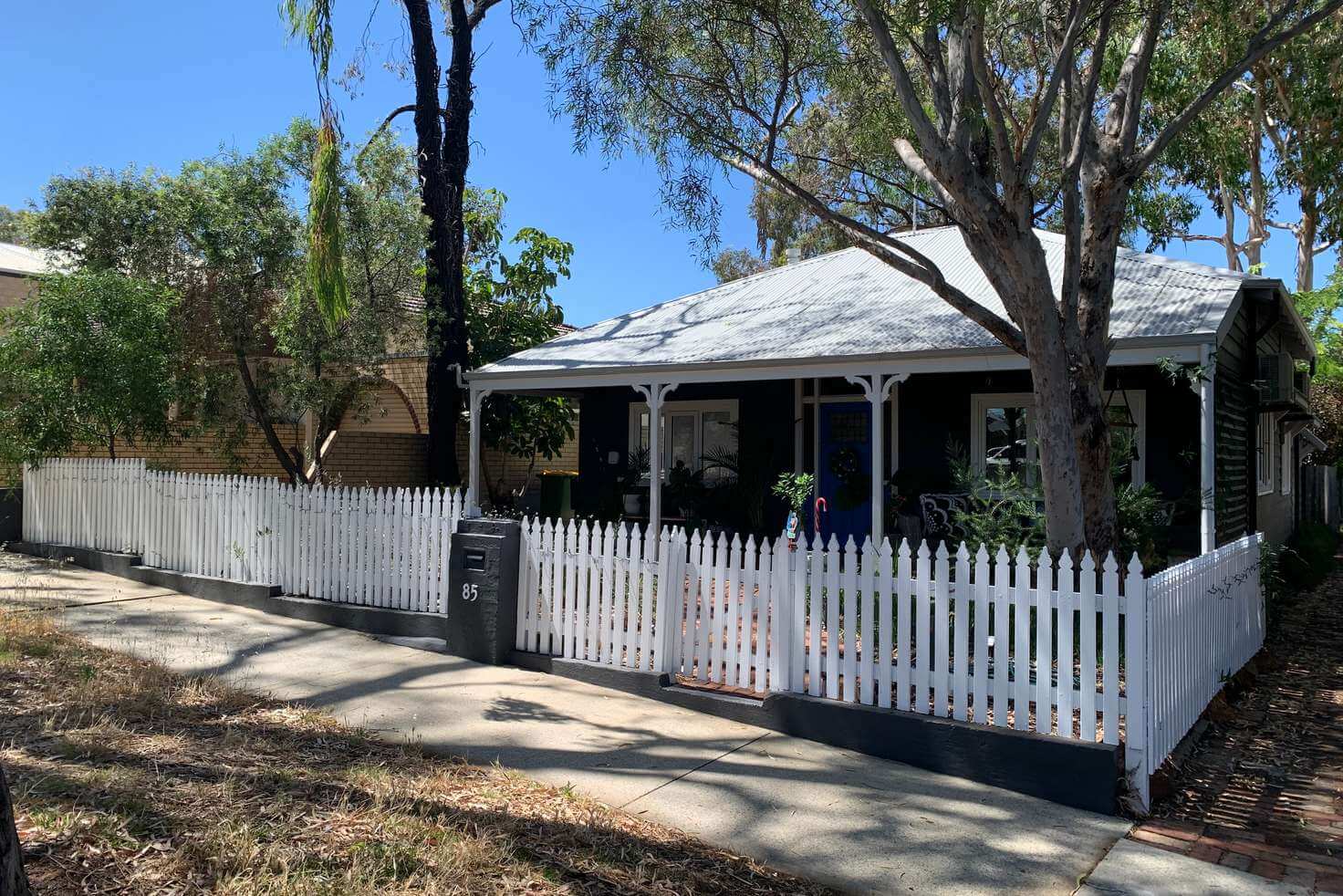Life as an independent adult is tough, but it gets even tougher and trickier if you’re living in someone else’s property as a renter.
Besides paying monthly rent and utility bills, every renter in Aus has a few dozen legal obligations – but did you know that the law also entitles you to a handful of neat renters rights as well? Well, now you will. If you’ve signed a residential tenancy agreement as the head tenant, you’re entitled to some convenient rights, and here are just a few you should be aware of.

Topics in this article:
No discrimination allowed
If you’re afraid that your landlord-to-be may deny your application as soon as they learn about your religion or sexual orientation for example, you can breathe a sigh in relief. According to the Australian law on property lease, landlords risk a lawsuit if they decide to terminate the rental property agreement or deny tenancy to an applicant on grounds of discrimination based on sex, age, ethnicity, disability, gender identity, sexual orientation and marital status. Likewise, the landlord can be sued for failing to provide the tenant with all the benefits associated with the accommodation, i.e. residency registration, access to shared amenities and privacy for as long as you’re not sharing the flat with them or their immediate relative.
Security measures
Australian tenants are legally protected from ugly surprises regarding unauthorised safety device swaps. This means that your landlord cannot drop by and replace the locks while you’re away, as they have a legal obligation to notify you about the security upgrade and get your permission for it in advance.
Should the property owner meddle with the locks and bolts without your consent and you can’t reach a friendly solution with them, as a last resort you have the right to take them to court – and you can also file for rent reduction for the period during which the rental property wasn’t secure.
If a piece of your belongings goes missing due to lower than reasonable security and your landlord refuses to rectify your loss, you could even file a claim with the Civil and Administrative Tribunal for compensation to the total value of your gear that’s gone astray.
Like it or leave it: Yes, you can
Even if you’ve signed a fixed-term tenancy agreement with your landlord, it doesn’t mean that you’re bound to the residence by a ball and chain until the expiry date. In certain cases, the tenant can demand early termination of the tenancy agreement and move out before the agreement expires, granted they have a solid reason for the doing so.
The conditions under which you can quote the early agreement termination clause include a failure by the landlord to meet their part of the agreement resulting in gratuitous hardships the head tenant would suffer through occupancy continuance. You can also quote this clause in the event that your landlord decides to raise the rent before expiry of a fixed-term occupancy agreement that spans two or more years.
Clean and functional, or reasonably so
Before you start unpacking, pause for a moment and inspect your new home for signs of mould, wiring and plumbing problems and pests. Australian law is clear about the shape of rental property: a flat or house needs to be fit for occupancy, which means it has to live up to both the landlord’s and the tenant’s definition of ‘reasonable cleanliness and repair’.
This is also a useful a condition you can use if you want to avoid steam-cleaning upholstery and carpets before you move out: for as long as your former residence is plausibly clean and in good repair, you don’t have to incur extra costs tying up loose ends on the property. Be careful, though: don’t leave the place covered in litter, as this may be a reason for your landlord to sue you for negligence of your obligations as listed in the occupancy agreement.
 For rent: 1/47 Carroll Crescent, Glen Iris, VIC
For rent: 1/47 Carroll Crescent, Glen Iris, VIC
Sub-letting for extra cash
Let’s face it: saving for your own home at the same time as paying monthly rent and bills is a huge battle, but this isn’t a reason to get a cheaper temporary home or move back home to Mum and Dad’s just yet.
Instead, consider subletting a room to a friend or acquaintance – you have the right to based on the Australian Residential Tenancies Act. As the head occupant, you can sublet a part of the property you’re living in and thus leverage access to rental savings, granted you have the landlord’s written permission for it. An interesting note about subletting; if you decide to lease a part of your rental property as student accommodation, your landlord must not deny you the consent on unreasonable grounds (c.f. point 1).
Being a renter in Australia isn’t all costs and no cookie: in fact, the law is on your side if you have a valid residential tenancy agreement to your name. Don’t miss out on your legally guaranteed rights: if you’re paying your rent and bills on time, the least you can ask your landlord do in return is live up to their part of your mutually beneficial agreement.
Author bio:





